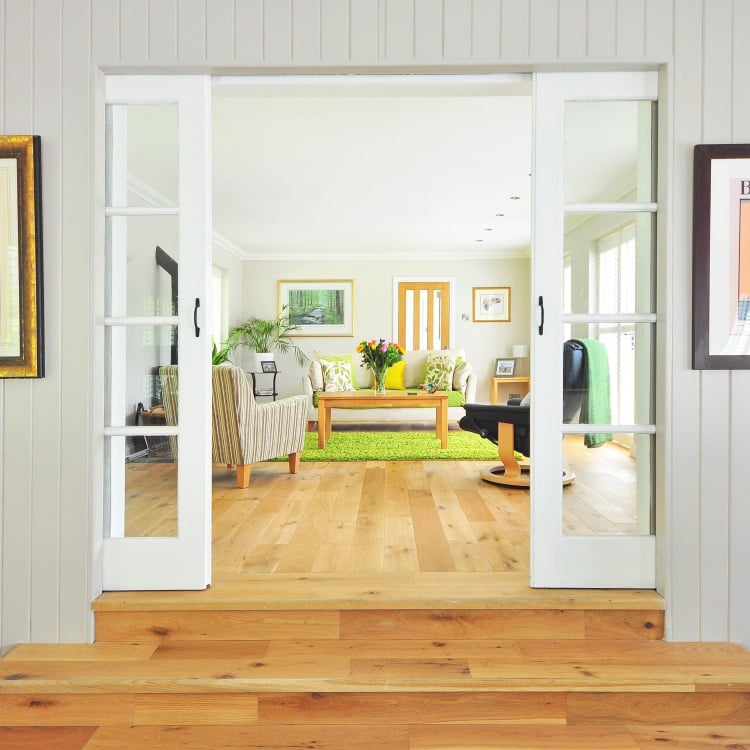Are spiders bugging you? Spiders are one of the frequent unwanted visitors into the home during the cooler months of the year. And like all pests, due to their size and decreasing food sources, spiders will take shelter in secluded areas around your home. With this interaction with humans comes the potential of being bitten. Spiders do not generally seek out people to bite. Bites occur when human and spider environments collide. We enter their world and in turn they enter ours. Here are 3 tips on how to keep spiders out, limiting interaction with these 8-legged unwanted visitors.

1) Keep clutter inside and outside of the home to a minimum.
Spiders like to be in areas that they can set up shop, to build their webs and capture food. The less traffic coming into the areas that they are residing the better.
Besides home-building and hunting, they’re also motivated to self-preserve. Naturally, they do not want to become victims of being lower down on the food chain. Geckos, birds, mud daubers and other insects will either use them to feed to their developing young or just flat out eat them.
While the majority of spiders we know build webs, watch out for the stealth of the wolf spider. Unlike most, instead of building webs, wolf spiders chase their prey on foot, preferring to hide in areas where they can be undetected. The less items around and inside the home that just sit around for long periods of time without being moved the better. Most garages are a perfect example of having multiple spots where spiders can hide.
2) Protect your hands when clearing potential spider areas.
As you are attempting to limit the hiding places of these pests, never reach into an area with your hands that you cannot actually see. Always wear gloves to help lessen the chance of being bitten. As mentioned before, spiders do not typically go out of their way to bite human beings, but they will protect themselves if needed. Imagine: what you would do if a giant hand were reaching down into your home? I would try to protect my home, and so would the spider.
3) Vacuum and sweep.
Remember that when you are cleaning the inside of your home, your best friends are the vacuum and a broom. Always clean the corners of the rooms, even corners on the ceiling as the joining walls make a great spot for spiders to hang their web.
Also, turn over furniture and vacuum beneath. Spiders will often have webs around the base of furniture legs for years, and because it goes unchecked, people wonder why occasionally they will have itchy bites around their ankles.
Other areas to include in your cleaning path are under kitchen cabinets, between the cabinet and the floor, behind appliances, between office desks and the wall, and even behind bathroom toilets.
If you consistently get into a routine and utilize these tips you will see a drastic decrease of spider activity in your home and less instances of having itching bites appear on you or your loved ones.
Have questions or need a professional? Contact us today to schedule our professional pest control service.
